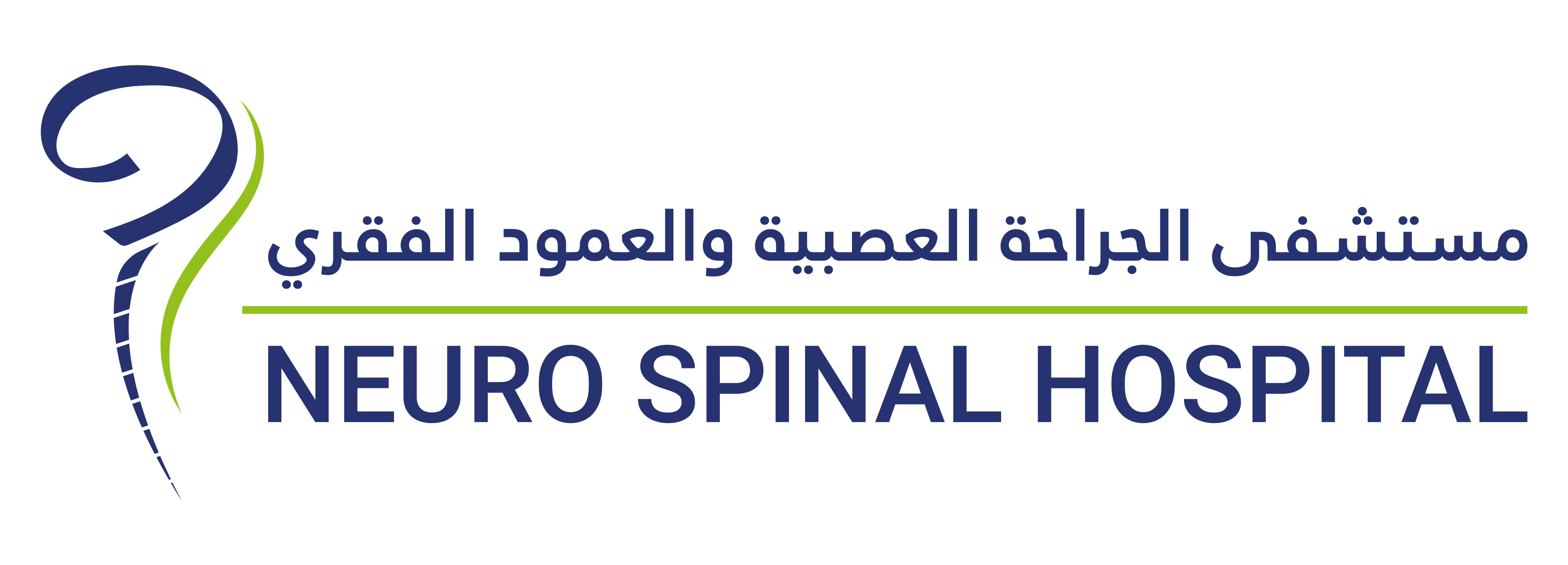Signs and symptoms of sleep disorders include:
- Excessive daytime sleepiness
- Irregular breathing or increased movement during sleep
- Irregular sleep and wake cycle
- Difficulty falling asleep
Types of Sleep Disorders
Some common types of sleep disorders include:
- Insomnia – difficulty falling asleep or staying asleep throughout the night.
- Sleep apnoea – interruption in normal breathing patterns while sleeping
- Restless legs syndrome (RLS) – a sleep movement disorder which causes an uncomfortable sensation and an urge to move the legs while trying to fall asleep
- Narcolepsy – neurological disorder of sleep regulation that affects the control of sleep and wakefulness, causing extreme sleepiness or falling asleep suddenly during the day.






